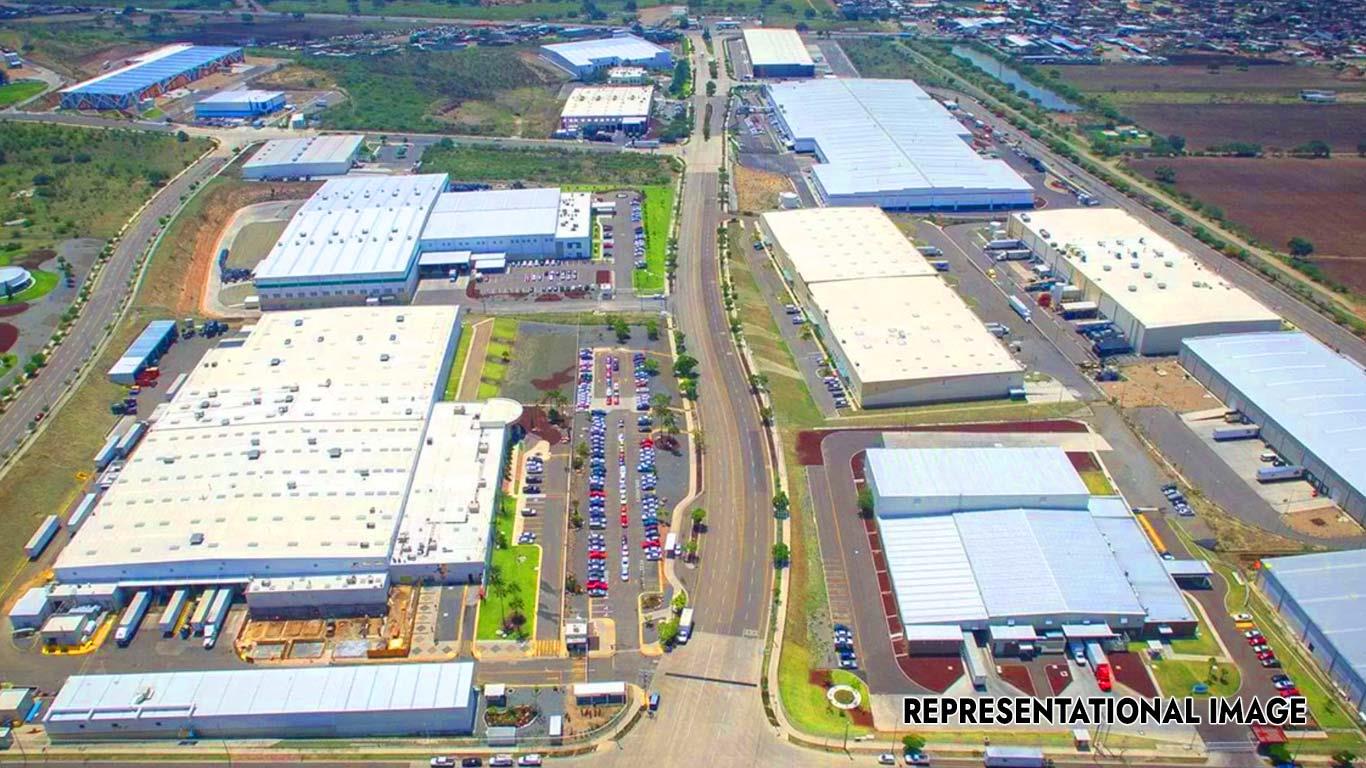
India Plans Mega Industrial Parks On Chinese Lines To Be Third Largest Manufacturer In World
The Indian government is planning to establish over 20 mega industrial parks by 2030, aiming to propel the country from the fifth to the third-largest contributor to global manufacturing.
The initiative spans various sectors, with plans for five chemical and petrochemical hubs, seven textile parks, five leather and footwear hubs, four medical device parks, and three bulk drug parks.
Officials say this focused approach will streamline production by clustering industries, enabling cost-effective scaling, and fostering innovation.
"Designated areas with robust facilities will offer companies operational ease," a government official noted. This structured strategy marks a departure from India's historically sporadic industrial development.
Currently, India accounts for 3 per cent of global manufacturing output, behind China (31.6 per cent), the US (15.9 per cent), Japan (6.5 per cent), and Germany (4.5 per cent).
Without the proposed parks, India's share is projected to reach just 3.25 per cent by 2030. However, the new initiative aims to elevate it to 4 per cent within the same timeframe.
Industrialists have long championed the Chinese model. Mahesh Chhabria of Kirloskar Industries highlighted China's footwear clusters, which allow seamless sourcing and production within compact regions. "Big global brands thrive in China because of just-in-time sourcing within industrial hubs," he remarked.
Experts emphasise the efficiency benefits for sectors like pharmaceuticals, where shared infrastructure-such as waste management and warehouses-reduces operational costs.
However, some warn against premature expansion without addressing functional gaps in existing parks, such as poor infrastructure and inadequate connectivity.
The project, spearheaded by the ministries of pharmaceuticals, textiles, petroleum, and commerce, also aims to attract global corporations eyeing India as an alternative manufacturing hub.
Analysts predict the parks will create an ecosystem fostering innovation, collaboration, and sustained economic growth.
With this ambitious move, India seeks to emulate China's success while addressing its unique challenges, paving the way to becoming a global manufacturing giant.
(KNN Bureau)
Legal Disclaimer:
MENAFN provides the
information “as is” without warranty of any kind. We do not accept
any responsibility or liability for the accuracy, content, images,
videos, licenses, completeness, legality, or reliability of the information
contained in this article. If you have any complaints or copyright
issues related to this article, kindly contact the provider above.


















Comments
No comment